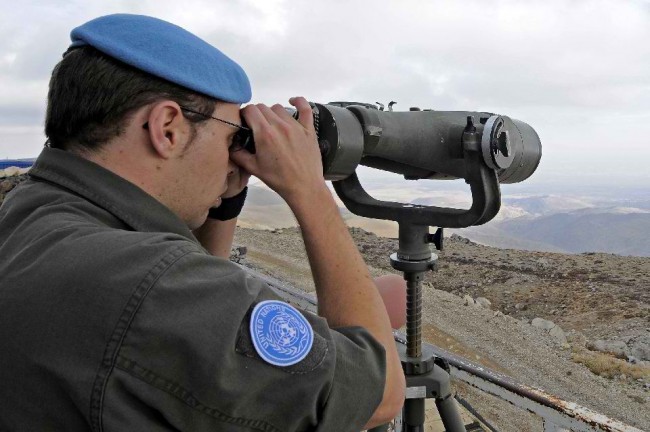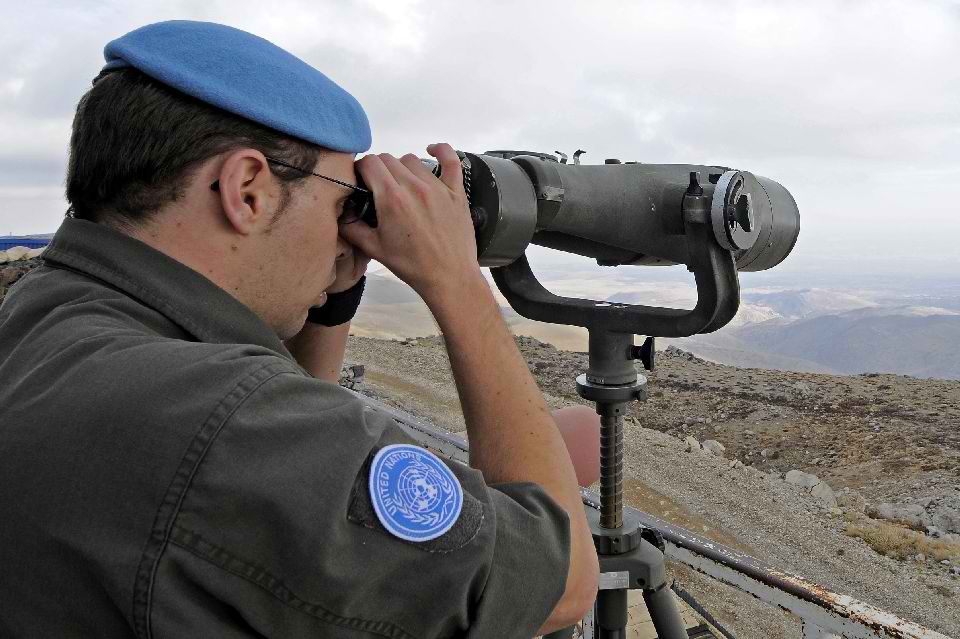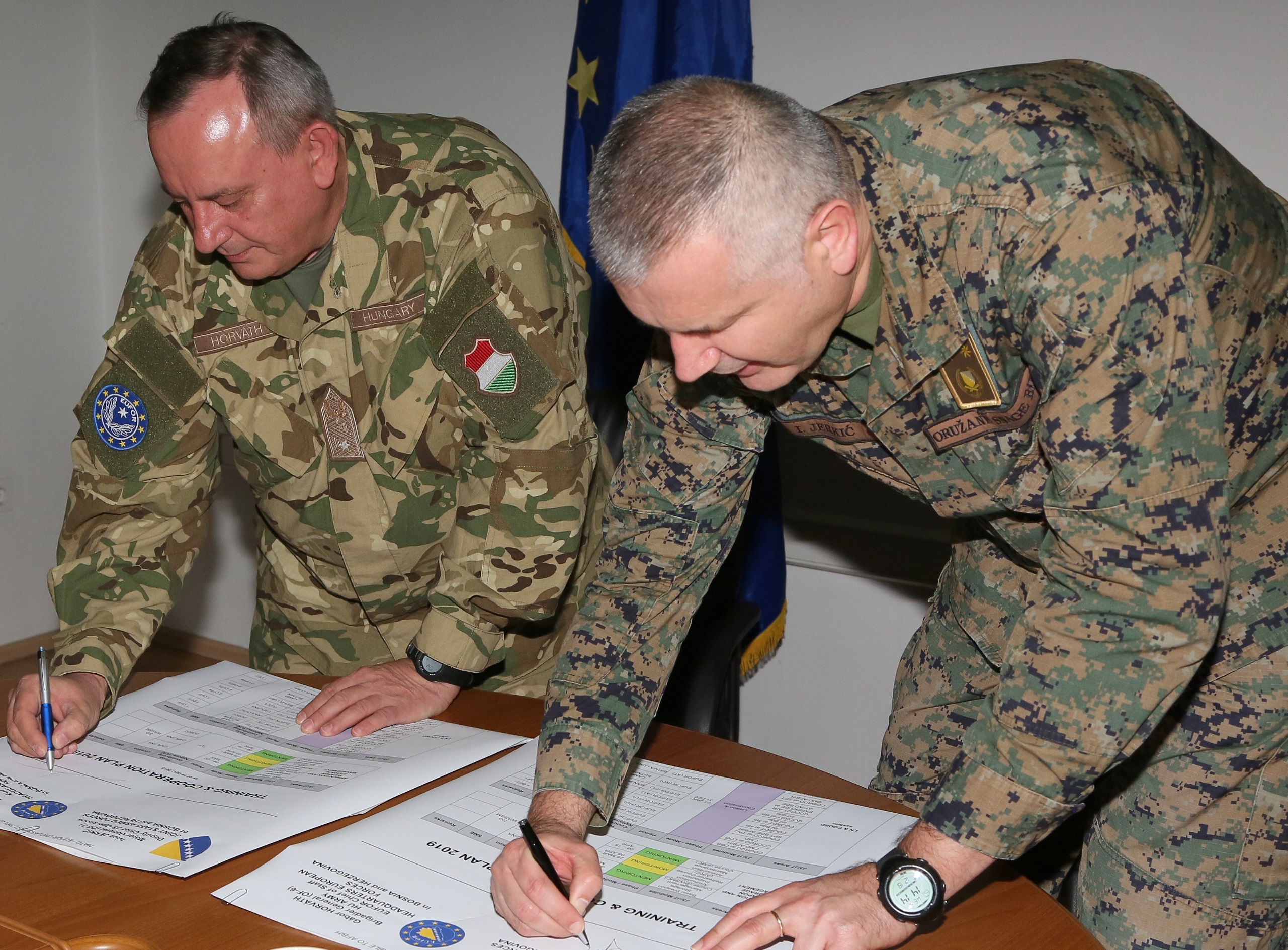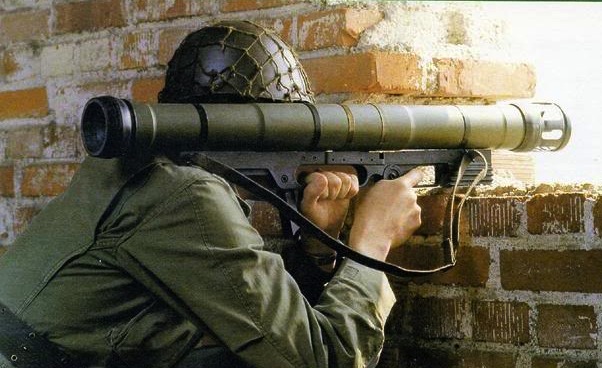The Golan is heating up. The Austrians decamp…

(BRUXELLES2) It is a desertion in open country. There is no other word. After a few incidents on the border between Syria and Israel, the Austrian government decided, without firing a shot, to repatriate its 376 soldiers.
The Austrian contingent of the United Nations mission (UNDOF) will indeed be withdrawn from the Golan Heights. Decision announced by Chancellor Werner Faymann and Vice-Chancellor Michael Spindelegger in a joint statement on Thursday (6 June). Reason: the safety of the personnel concerned “ cannot be guaranteed due to the current situation”. " Keeping Austrian soldiers longer is not justifiable added Defense Minister Gerald Klug, according to the statement sent to B2.
An unacceptable threat against soldiers
This decision follows fighting between rebel forces and government forces that have sought in turn to take control of a border post. Shell impacts were observed in a nearby UN camp, where the Austrians were staying. An Indian soldier and a Filipino were injured. " The reputation of the peacekeeping mission is apparently no longer respected by all parties to the conflict and the threat to our men and women has reached an unacceptable level. “said the Minister of Defense. Recent incidents clearly show that the supply of the UNDOF mission " can be interrupted at any time ". In addition, " the permanent restriction of movement and the growing threat to soldiers makes the implementation of the UN mandate virtually impossible”. This is not the first incident. Since Austrian soldiers had been injured while driving in a convoy last February.
Phasing out
The withdrawal of the army contingent from the area of operations will be " done in an orderly fashion we say in Vienna. Time constraints are currently the subject of specific negotiations with the United Nations. As Minister Klug explained: We are not going to withdraw our men and women immediately to give the UN, the other contributing countries and Israel the possibility of adapting to the new conditions. »
Is this the right decision?
But is it the right decision, we can doubt it... That the situation is unstable, it is a fact. That there are risks is obvious (otherwise why employ the military). That the mandate of the United Nations forces based on observation is no longer completely adapted to the situation is undoubtedly true. But the interest of a presence of the United Nations on the Golan Heights - one of the oldest missions of the organization - is more than ever justified today. And a neutral observation and interposition force is essential today in the area if we want to prevent the Syrian civil conflict from turning into a regional conflict tomorrow with unforeseeable consequences. So... is the right method to leave on the first shot?
A totally incomprehensible decision
In the eyes of outside observers, like myself, the decision of the Austrian government is therefore totally incomprehensible, even inconsistent. The Austrians had been present in the region since 1974. Austria's status of neutrality, its proximity to the Arab world but also to Israel, its "very hard" position against the lifting of the arms embargo in Syria, predisposed it to be more than ever an interposition force. In short... everything rather predisposed them to reinforce the positions.
What is the army for?
The government in Vienna can now legitimately ask itself three questions. Is he ready to assume tomorrow a skid in the region of which he will not be the cause but an accelerator? Is his permanent doctrine of support for the United Nations really credible today? Maintaining an army, expensive equipment such as Eurofighters and other armored tools, is it necessary if its leaders are not ready to accept the slightest risk?
(*) If a country maintains an army and military, with discipline, training and equipment, it is not just to look "pretty", to plan the possible and the impossible, it is to ensure a hold greater risk than civilians could assume.


